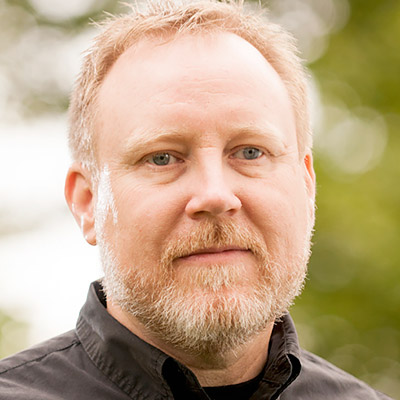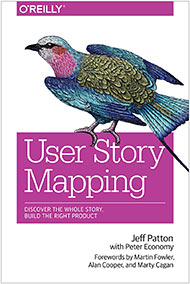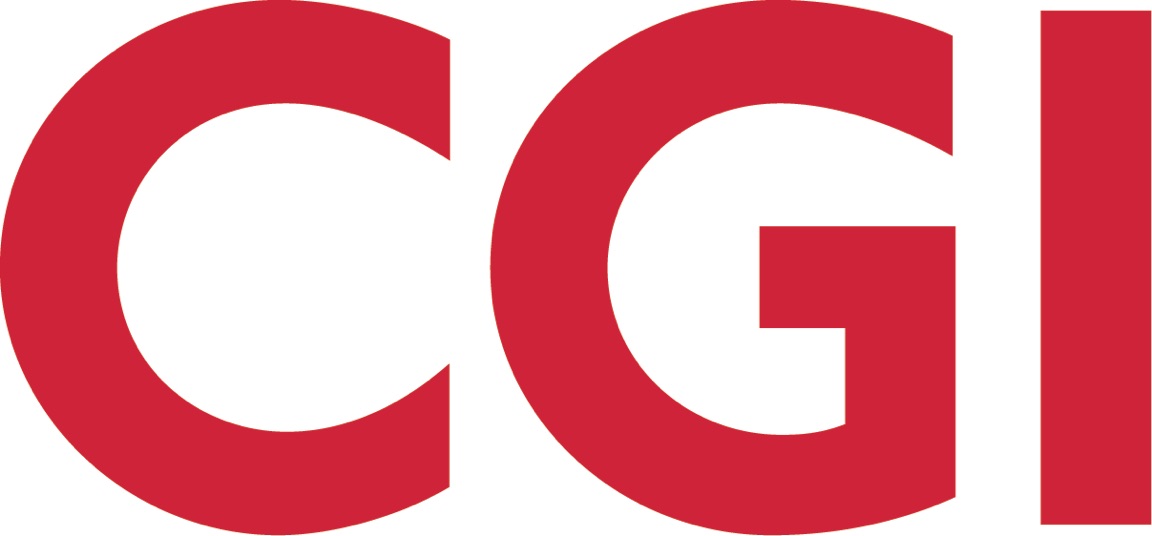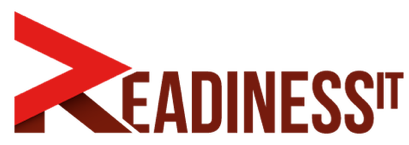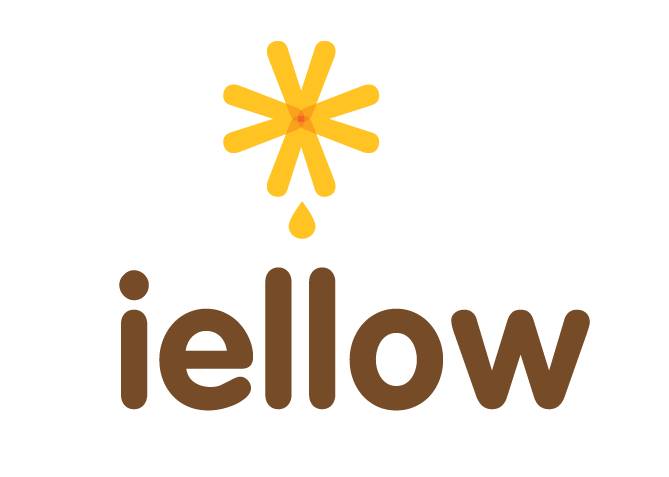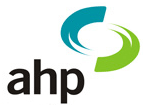-
Jeff makes use of over 20 years of product design and development experience to help companies create great products. Jeff started in software development in the early 90s as a project leader and senior developer for a small software product company. There he learned that well written code, and fast delivery isn’t the secret to success, it’s just table stakes. It’s actually deep understanding of your customers and users coupled with a desire to create a product that’s really valuable to them that makes the biggest difference.
In 2000 Jeff worked as a product manager at one of the first companies adopting Extreme Programming. It was there he built a strong appreciation for the discipline that Agile thinking brings to software development and a deep concern for what seemed to be left out, specifically good product thinking. Since then Jeff has been an evangelist championing the inclusion of strong product design and user experience practice in Agile development. Today Jeff teaches and coaches a contemporary blend of practice that incorporates Lean and Lean Startup and Design Thinking all directed at helping organizations build products their customers love.
Jeff’s a Certified Scrum Trainer, and winner of the Agile Alliance’s 2007 Gordon Pask Award for contributions to Agile Development. Jeff is author of the bestselling O’Reilly book User Story Mapping which describes a simple holistic approach to using stories in Agile development without losing sight of the big picture. You can learn more about Jeff, and find essays and past writing from his columns with StickyMinds.com, Better Software Magazine, and IEEE Software on his website: jpattonassociates.com. -
Author of:
26
09:00 - 12:30
Aud IIWorkshop
User Story Mapping
If you’re a UX person or a product manager on an Agile project, it can really suck, and for lots of reasons. You may be working hard to think holistically about your product, while Agile developers are working hard to break things down into tiny buildable parts. User Story Mapping is simple user-centric approach for understanding a product or feature idea from a user’s perspective while still breaking down the product into small backlog items.
In this workshop you’ll learn how to build maps to understand how users work today and to identify opportunities for improvement. You’ll learn how to build maps to describe feature ideas and explore strategies for incremental release, and iterative and incremental development. You’ll learn more about an Agile product design and development lifecycle and where story mapping fits into it.
This workshop is for:
This workshop is applicable to every role in software development. The workshop assumes little or no experience using story maps. But, even if you have lots of experience, you may still pick up some useful tricks.
Workshop Outline:
-
Mapping essentials
You’ll learn to map by building one in a small group. As you build you’ll learn about:
- Elements of a story map
- Collaboration tricks and shared understanding
- Using maps to describe user’s journey today and using future solutions
-
Story mapping planning strategies
You’ll learn how to use story maps to plan experiments, releases, and tactical development by working hands-on with an example problem. Along the way you’ll learn about:
- Identifying product experiments
- Finding small successful releases
- Creating a risk-reducing development strategy
-
Story Map to delivery
We’ll wrap up with a bit of discussion about stories in Agile processes and how you’ll use stories and storytelling throughout the development lifecycle
- Story flow from opportunity through delivery and where story maps fit in
- The UX role in the Agile product development lifecycle
25
15:10 - 15:45
Aud ITalk
Thud: Why it’s not failure you should be afraid of
“Thud” is the sound a bowling ball makes when dropped onto damp earth. But it’s also the sound that most of our software makes when it hits the market. We’re great at celebrating our wild successes, and finding people to blame for catastrophic failures. This talk is about how we spend most of our work trying to figure out which we have on our hands: a success or a failure. Jeff will share stories of how we use discovery work to identify when we’ve got a “thud” on our hands. And, how the hardest thing to do is recognize and let go of our thuds.
